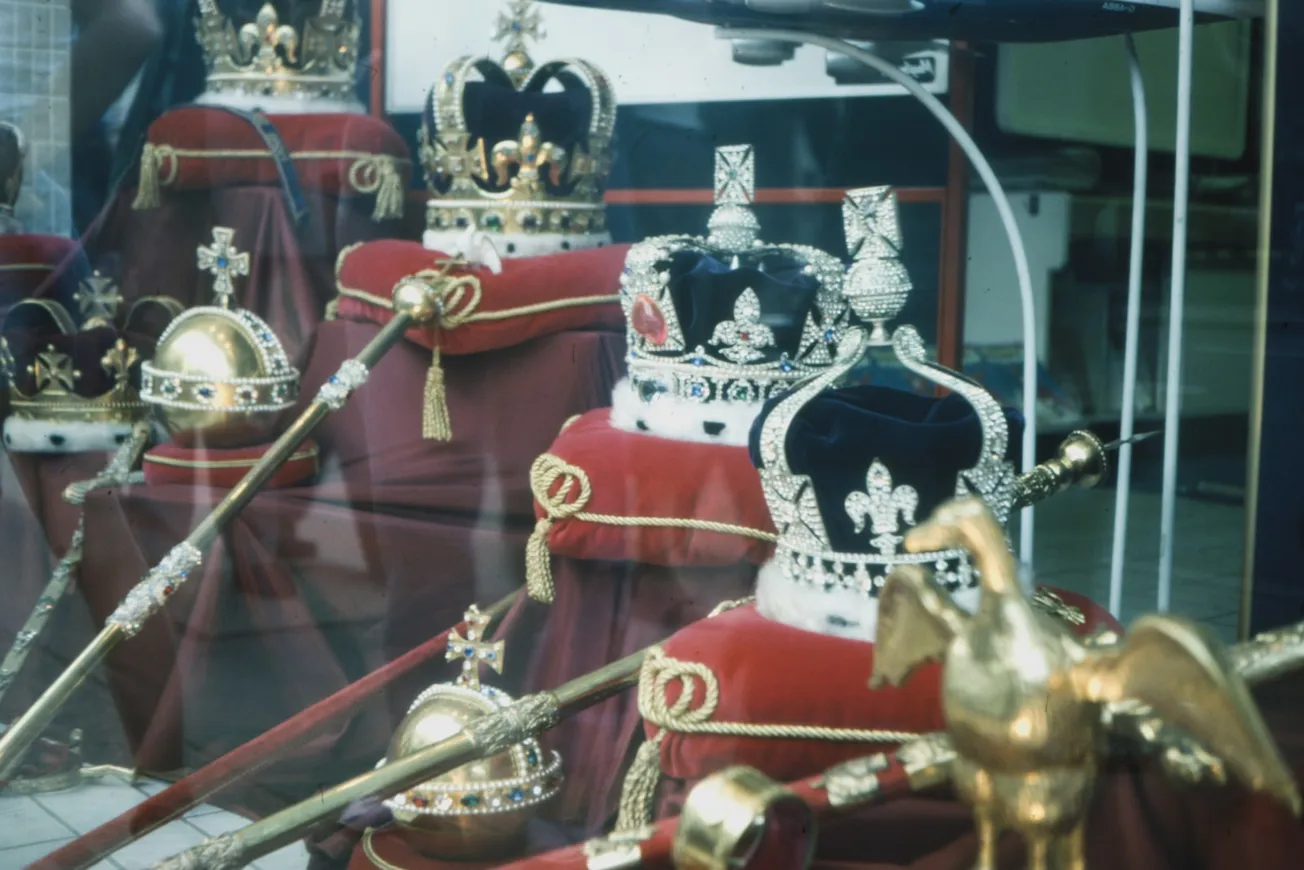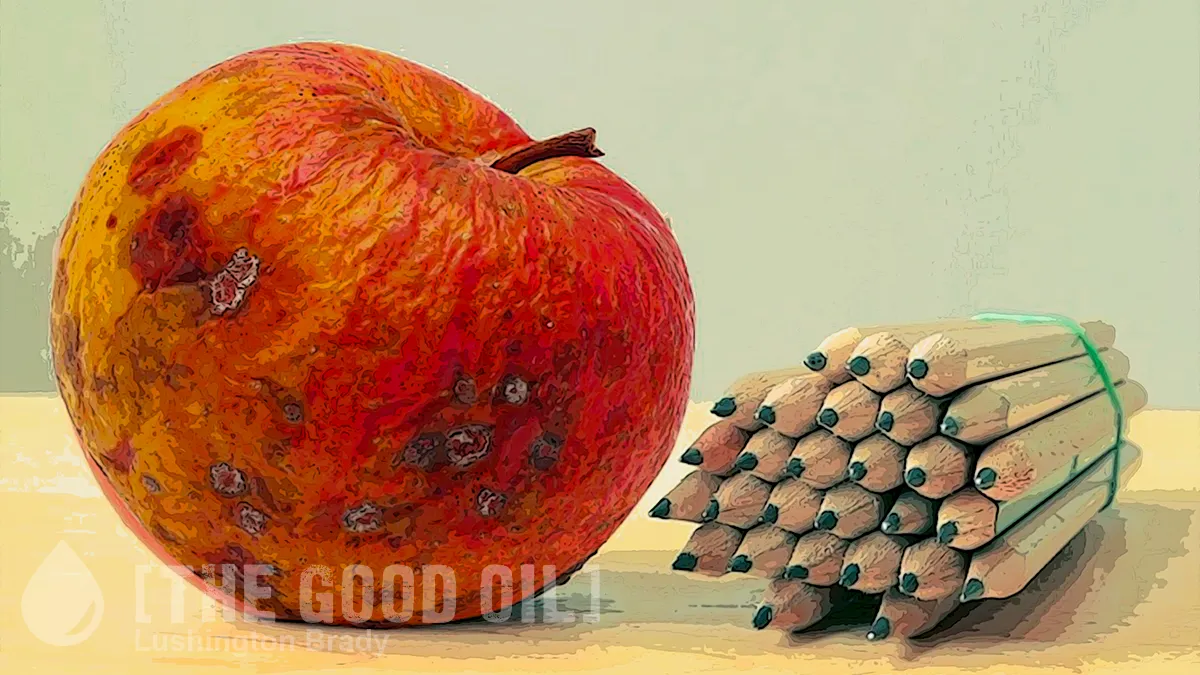The Doctor
Following Harry’s toe-curling attempts at victimhood in Spare and across the media, there are calls for New Zealand to ditch the monarchy once and for all and become a republic.
I think the debate is beside the point. After all, before we decide a new constitution for New Zealand, we need to be clear about which “New Zealand” we mean.
You see, legally, there are two or more of everything. This truth came out in the mainstream media recently in Australia. Scott Morrison was secretly appointed to three ministerial portfolios whilst there were already ministers installed in those positions. How is that possible if there is only one office? It is not. There are two or more of each ministerial office. He was secretly appointed to what is called the private offices which are just that, by definition.
So “New Zealand” can mean:
- The corporation “Her Majesty the Queen in right of New Zealand” also known “the Sovereign in right of New Zealand” and its subsidiary the State of New Zealand. (Constitution Act 1986)
- The “Realm of New Zealand” (Legislation Act 2019, Letters Patent 1983).
- The land described in the New Zealand Boundaries Act 1863.
- The sovereign nation Aotearoa/Nu Tireni (He Wakaputanga 1835).
- The Dominion of New Zealand (Declaration of Edward VII 1907)
It makes a difference which New Zealand you mean because some of these entities have King Charles III as head of state (2, 3 or 5) and others do not.
And that is the beauty of the system from the perspective of the politician. He can seamlessly change from referring to one New Zealand to another and the listener is none the wiser.
Now mostly, when a politician or government agent is talking, they mean the corporation (1). The Corporation (1) has the parliament, employs the “public servants”, provides the services, etc. And (1) does not have King Charles III as head of state. Rather it is a corporation that has another corporation as head of state. And the owner of that corporation is probably New South Wales according to Ewan Campbell.
But let’s suppose, as per the Stuff article, that we mean the Realm of New Zealand (2). Let us replace King Charles III as head of state. Which King Charles III do we mean? The King of New Zealand and His Other Realms and Territories (Letters Patent 1983)? But then the other offices of the King remain for example King of England (He Wakaputanga 1835, Act of Settlement 1700), Emperor of England, France, and Ireland, with the dominions and territories thereunto belonging (the so called “Imperial Crown” – Act of Settlement 1700)? We could remove one king and the others remain. And it makes a great deal of difference which King we remove. We want to remove the King of New Zealand, but we want to keep the King of England because he protects our rights (via He Wakaputanga 1835 and Imperial Laws Application Act 1988).
OK, so let us suppose we keep the King of England and ditch the others for entities (2), (3) and (5), what difference does it make to our lives? Pretty much zero. 99.9% of our daily interactions with government are with the corporation (1) and it does not have King Charles as head of state so it makes no difference at all.
Yet even being head of the Realm of New Zealand is irrelevant. The Letters Patent Constituting the Office of Governor-General of New Zealand 1983 declares Elizabeth II and her heir Charles III head of the Realm of New Zealand. But sneakily, the holder of the seal of New Zealand can also give the Governor-General orders. And that holder is the Prime Minister (in one of his offices). So practically speaking, King Charles does nothing at all even for the Realm of New Zealand.
And that is what this whole debate is. A nothing burger to distract you from what’s important such as the Therapeutic Products bill. Yet if it means that regular people such as ourselves take an interest in constitutional matters so much the better.









